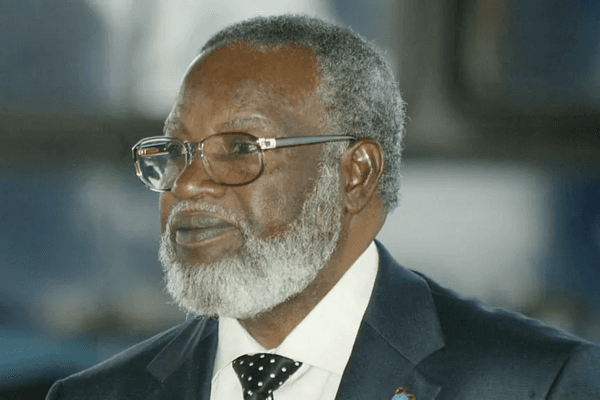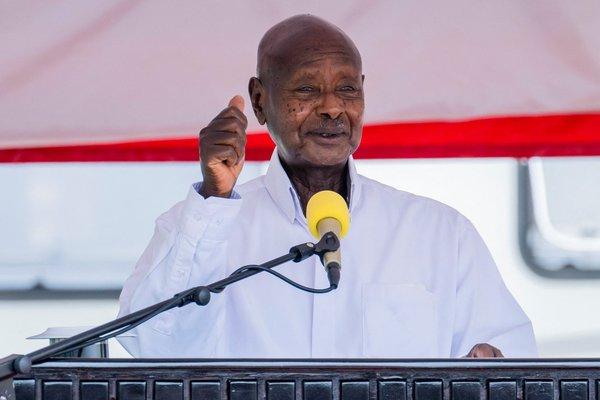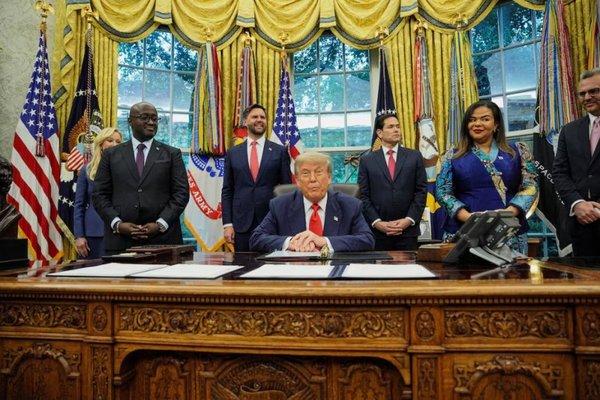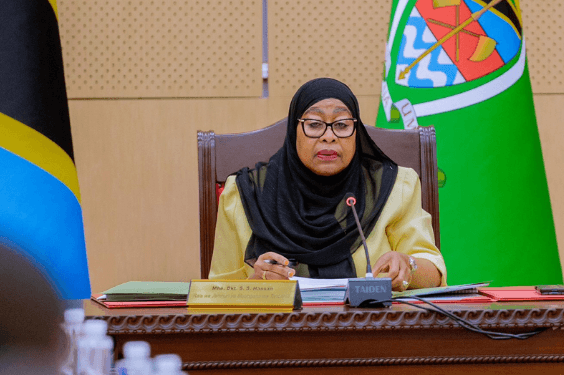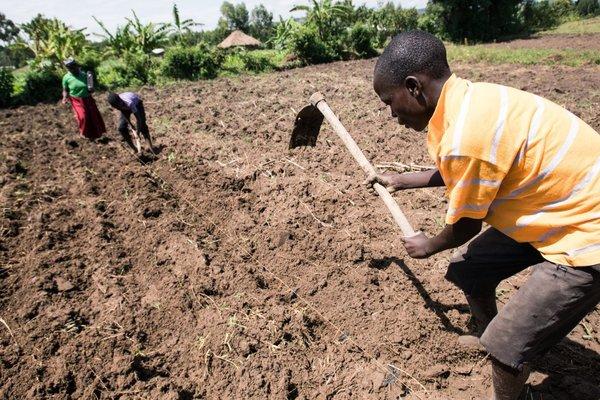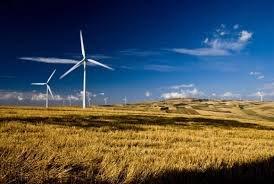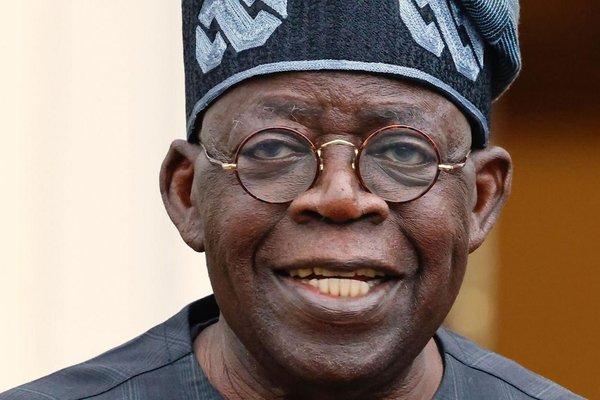Sudan
Sudan is a northeastern African country rich in history and culture, with Khartoum as its capital. It’s known for the Nile River, ancient kingdoms, and vast deserts. Despite challenges, Sudan remains a key nation in the region with strong cultural and economic potential.

Northeast Africa

1,886,068 sq km

EAT, UTC+3

51.66 million (2025)

Arabic, English

Islam, Christianity

Sudanese Pound

General Abdel Fattah al-Burhan (Chairman of the Transitional Sovereignty Council)

Brief
Sudan, located in northeastern Africa, is the continent’s third-largest country, covering about 1.89 million square kilometers and bordered by Egypt, the Red Sea, Ethiopia, South Sudan, and other neighbors. Its capital, Khartoum, lies at the meeting point of the Blue and White Nile rivers, forming the vital Nile River. With a population of approximately 51.66 million, mostly young and ethnically diverse. Sudan’s official languages are Arabic and English, alongside many indigenous tongues. The majority of Sudanese practice Islam, with a significant Christian minority primarily in the south. Governed currently by a transitional military-led government headed by General Abdel Fattah al-Burhan, the country is navigating political instability while aiming for democratic reforms. Sudan’s economy relies heavily on agriculture, with crops like sorghum and cotton, and has rich mineral resources such as gold, though oil production declined after South Sudan’s independence. Its geography ranges from arid deserts to fertile Nile valleys, with a predominantly hot climate. Sudan’s cultural heritage is rich and diverse, blending ancient civilizations with Arab and Islamic influences, reflected in its music, cuisine, and traditions. Despite challenges in governance and economic development, Sudan remains a country of strategic importance and deep cultural significance in Africa.
Photos




National Anthem
Cultural Life
Cultural milieu
Sudan's cultural landscape is a rich mosaic shaped by centuries of interaction between Arab, African, and Islamic influences. As a country straddling both North Africa and Sub-Saharan Africa, Sudan reflects a unique blend of traditions, languages, and customs. The majority of the population identifies with Arab culture, especially in the north and central regions, where Islamic practices and Arabic language dominate daily life. However, in the south, east, and west, diverse ethnic groups such as the Beja, Fur, Nuba, and others maintain vibrant indigenous traditions, including distinct music, dance, attire, and storytelling practices. Islam plays a central role in public and private life, influencing social norms, celebrations, and legal frameworks. Meanwhile, Sudanese cuisine, poetry (especially the oral traditions), and community festivals remain vital expressions of identity and resilience, often serving as bridges across the country's ethnic and regional divides. Despite decades of political instability, Sudan's cultural spirit remains deeply rooted and enduring.
Daily life and social customs
Sudanese daily life is shaped by Islamic values, strong family ties, and a deep culture of hospitality. People rise early, with city dwellers balancing work and prayer, while rural communities focus on farming and herding. Social interactions are warm and respectful tea, jabana coffee, and shared meals are central to hospitality. Traditional dress is modest, and extended families often live close together. Celebrations like weddings and Eid feature music, dance, and vibrant communal gatherings, blending Islamic and local traditions.
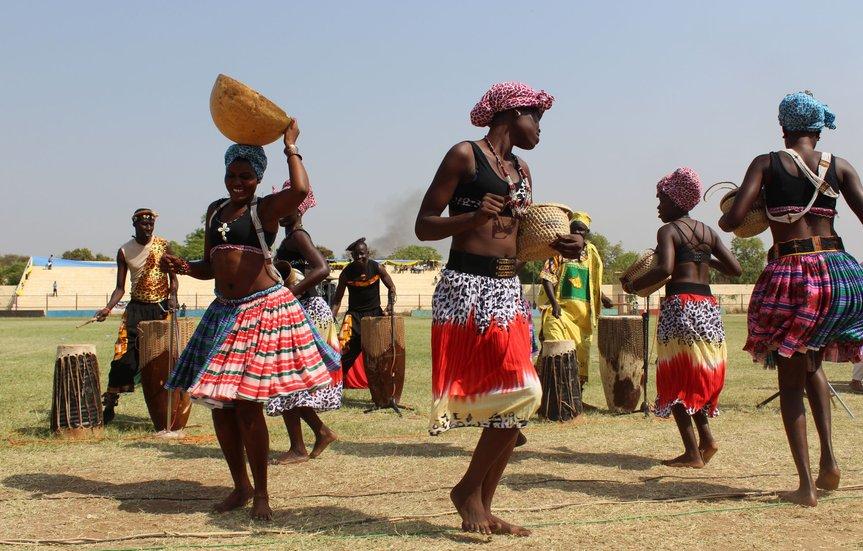




Cuisine
Sudanese cuisine is a flavorful blend of Arab, African, and regional influences, often centered around grains, legumes, and meats. A staple dish is kisra, a thin fermented bread made from sorghum, usually served with rich stews like mullah or waika. Ful medames mashed fava beans with oil and spices is a popular breakfast, while grilled meats (shaiya) and spiced lamb dishes are common in social gatherings. Spiced tea and jabana coffee, often brewed with ginger or cinnamon, are central to hospitality. Meals are typically shared, reinforcing community and family bonds.




Music
Sudanese music is a powerful reflection of the country’s diverse cultures, blending Arab rhythms with African beats and traditional folk melodies. Northern Sudan features Haqibah music an urban genre rooted in Islamic praise songs and sung poetry, often accompanied by tambourines and hand clapping. In the west and south, indigenous instruments like the tambour (lyre), drums, and flutes are used in ceremonies and storytelling. Modern Sudanese artists blend traditional sounds with reggae, jazz, and Afrobeat, creating a dynamic contemporary music scene. Music plays a central role in weddings, festivals, and national celebrations, carrying both cultural pride and political expression.
Haqibah Music
A classical urban music style that emerged in the early 20th century, characterized by poetic singing and rhythmic percussion. It blends Islamic themes with Sudanese culture.
Zar Music
A spiritual and healing music performed during Zar ceremonies, involving drums and chants to exorcise spirits. It is deeply rooted in Sudanese and wider East African cultural practices.
Nuba Music
Traditional music of the Nuba people featuring complex rhythms and unique instruments like the tambour (lyre). It often accompanies dances and rituals.
The arts
Sudanese arts and crafts are deeply tied to cultural identity, daily life, and tradition. Handwoven textiles, leatherwork, and intricate pottery are common in many regions, often made by women using age-old techniques. In rural communities, decorative basketry, beadwork, and wood carvings serve both functional and aesthetic purposes. Islamic calligraphy and geometric patterns are prominent in architecture and design, especially in mosques and historic buildings. Nubian art, known for its vibrant wall paintings and symbolic motifs, is especially notable in northern Sudan. Today, contemporary Sudanese artists continue to fuse traditional styles with modern themes to reflect society, history, and resilience.




People
Ethnic groups
Sudan is one of Africa’s most ethnically diverse countries, home to over 500 ethnic groups and subgroups. The largest group is the Sudanese Arabs, who dominate the north and central regions and speak Arabic as their first language. In the west, ethnic groups like the Fur, Zaghawa, and Masalit reside mainly in Darfur, while the Beja people inhabit the eastern Red Sea hills. The Nuba of South Kordofan and various Nilotic groups in the south add to the diversity. Each group has its own language, customs, and cultural practices, contributing to Sudan’s rich and complex social fabric.

Religion
Islam is the dominant religion in Sudan, with about 90% of the population adhering to Sunni Islam, particularly following the Maliki school of jurisprudence. Islamic beliefs strongly influence the country’s laws, customs, and daily life. In addition to formal worship, Sufi traditions play a major role, with spiritual leaders (sheikhs) and religious festivals like Mawlid widely celebrated. Christianity is practiced by a small minority, mainly in the south and among displaced communities, while indigenous African beliefs persist in some remote areas. Religion remains a central pillar of identity and social structure across Sudan.

Settlement patterns
Nucleated Settlements
Common in fertile areas along the Nile, these settlements are tightly clustered, often around water sources or markets. They support farming and trade, allowing easy access to communal services.
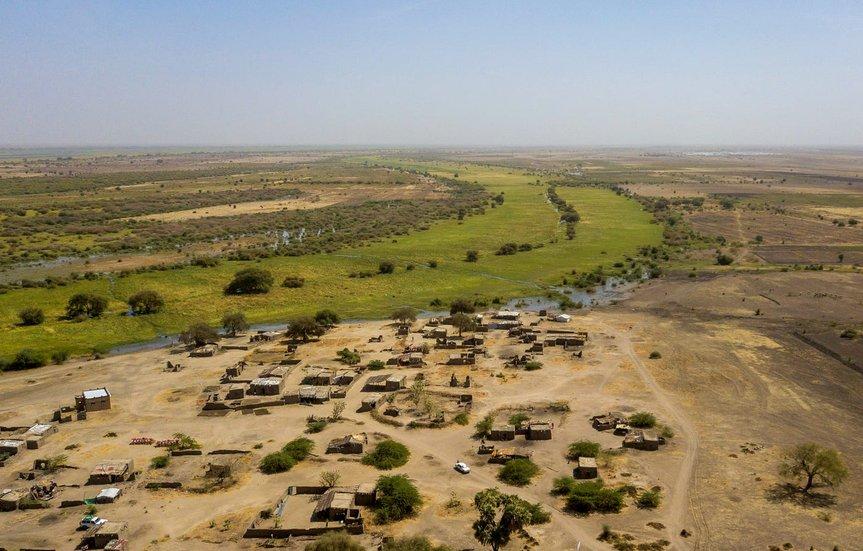
Linear Settlements
Found along rivers, roads, or railways especially near the Nile. These settlements develop in a straight line to maximize access to transportation and water.
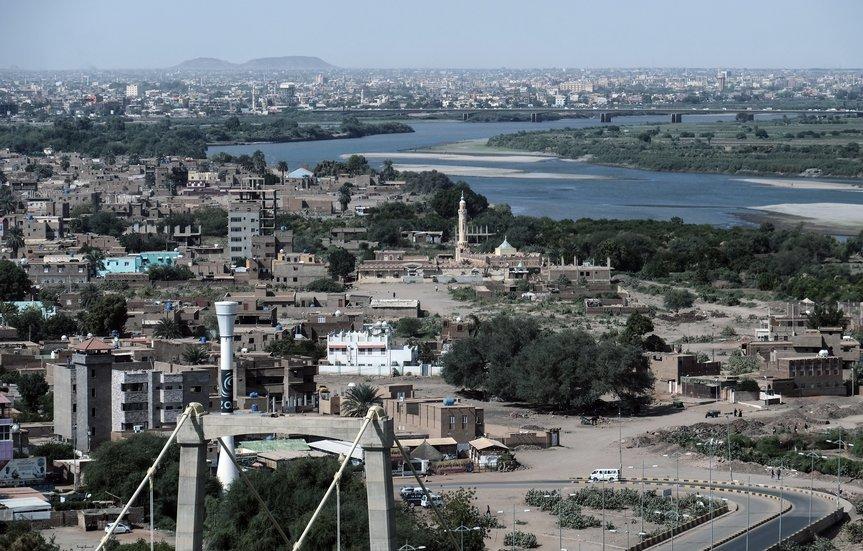
Dispersed Settlements
Typical in arid and semi-arid regions like Darfur and Kordofan, these consist of widely spaced homesteads, suitable for pastoralism and subsistence farming, reflecting a low population density.
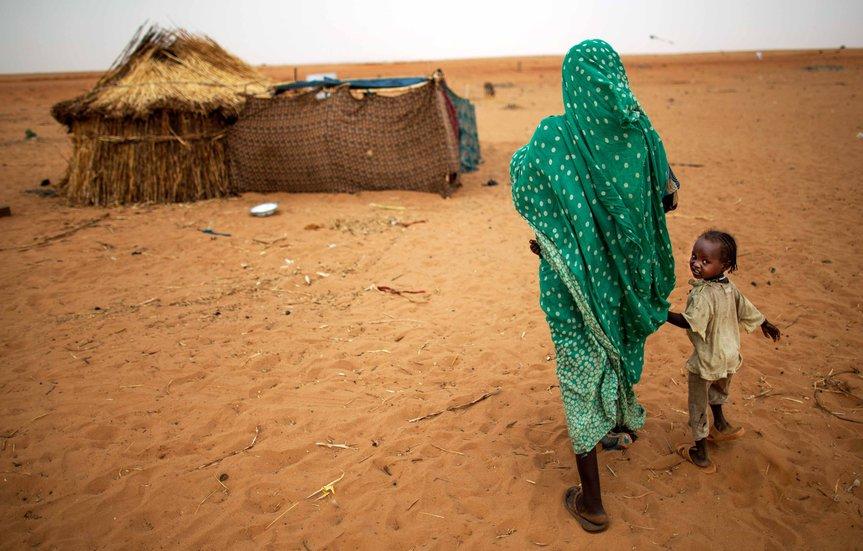
Demographic trends
Sudan has a predominantly young population, with nearly 42% under the age of 15 and a median age of around 18.5 years. This youthful demographic presents both opportunities and challenges: while it offers potential for economic growth through a large future workforce, it also requires significant investment in education, healthcare, and job creation to meet the needs of a growing population. The country’s high dependency ratio highlights the importance of policies focused on youth development to ensure sustainable progress.
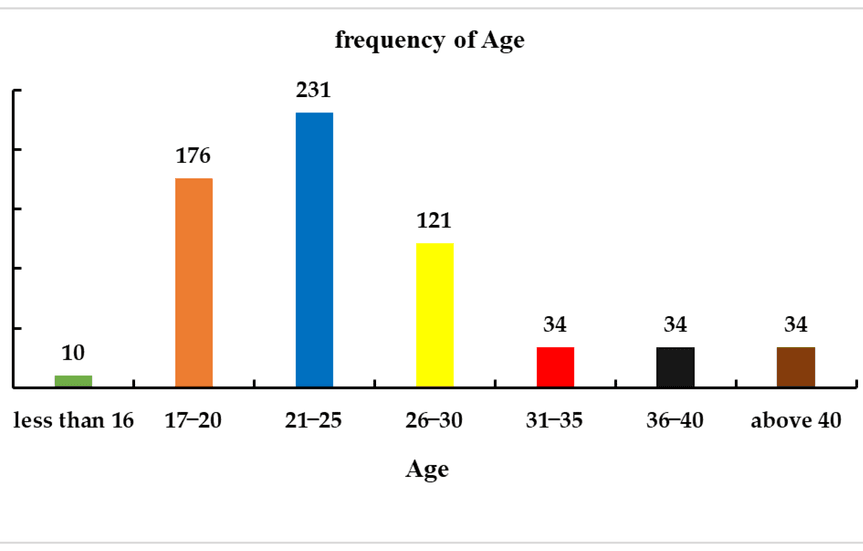
Touristic Cities
Khartoum
The capital city where the Blue and White Nile meet, offering cultural sites like the National Museum and vibrant markets.
Port Sudan
A Red Sea port known for beautiful coral reefs, diving spots, and access to pristine beaches.
Meroe Pyramids of Sudan
Famous for its ancient pyramids and archaeological sites, showcasing the rich history of the Kingdom of Kush.
Accommodation
Guest houses
Sudanese guest houses are affordable, family-run accommodations offering warm hospitality and a local experience. Common in cities like Khartoum and Omdurman, they provide simple, comfortable stays near cultural sites and markets, popular with tourists and business visitors alike.




Hotels and Resorts
Sudan’s hotels and resorts cater to a range of visitors, from business travelers to tourists seeking comfort and luxury. Most are concentrated in Khartoum, offering modern amenities such as Wi-Fi, conference facilities, and swimming pools. Resorts along the Red Sea coast provide relaxing beach experiences with stunning views and water sports. While some hotels are international chains, many are locally owned, blending Sudanese hospitality with contemporary services.

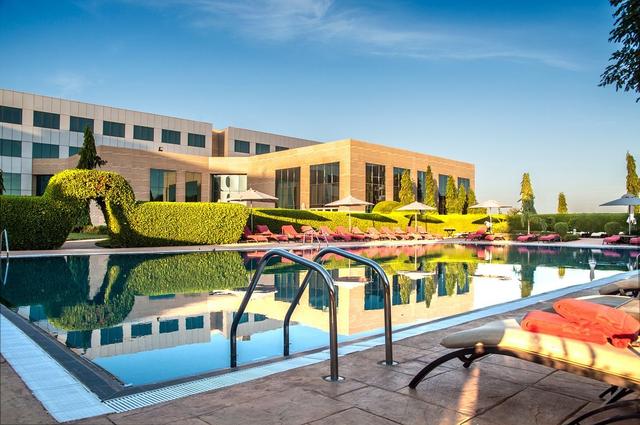


Campings
Camping in Sudan offers adventurous travelers a chance to explore the country’s diverse landscapes, from deserts to riverbanks. Popular spots include the Nubian Desert and areas along the Nile, where visitors can experience nature, wildlife, and traditional nomadic lifestyles. While camping facilities are basic, the experience is rich with cultural immersion and stunning natural beauty.




Requirements for Visa
Documents to be submitted for your application
- Valid passport with at least six months’ validity.
- Completed visa application form.
- Recent passport-sized photographs.
- Proof of accommodation in Sudan.
- Flight itinerary or return ticket.
- Proof of sufficient funds for stay.
- Invitation letter (if applicable).
- Travel insurance documentation.
- Visa application fee payment receipt.
- Yellow fever vaccination certificate (if required).
At the time of visa issuance, please provide the following documents
- Original passport.
- Visa approval letter or reference number.
- Payment receipt for visa fees.
- Passport-sized photographs (if requested).
- Any additional documents specified by the embassy or consulate.
Economy of Sudan
Agriculture, forestry, and fishing
Agriculture is a cornerstone of Sudan’s economy, employing a large portion of the population and contributing significantly to GDP. The country produces key crops such as sorghum, millet, wheat, and cotton, with farming concentrated along the Nile and its tributaries. Forestry resources are limited but include valuable hardwoods and gum Arabic, an important export product. Fishing, mostly along the Nile and Red Sea coast, provides livelihoods for local communities and contributes to food security, though it remains underdeveloped compared to other sectors.
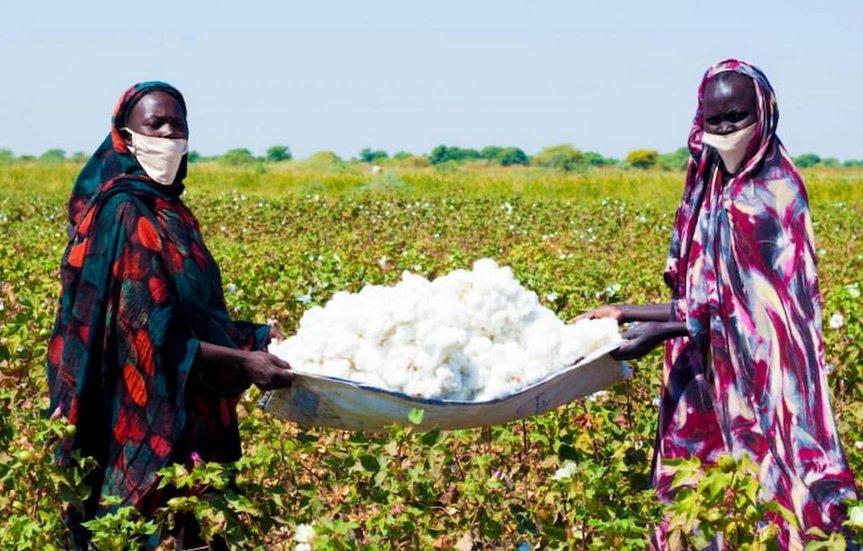
Resources and power
Sudan is rich in natural resources including gold, oil, and minerals like chrome and gypsum, which play a vital role in the economy. Despite this wealth, the country faces challenges in fully exploiting these resources due to infrastructure and political issues. In terms of power, Sudan relies heavily on hydroelectric power from the Nile and thermal plants fueled by oil and gas. However, electricity access remains limited in rural areas, prompting ongoing efforts to expand the national grid and explore renewable energy options like solar power.
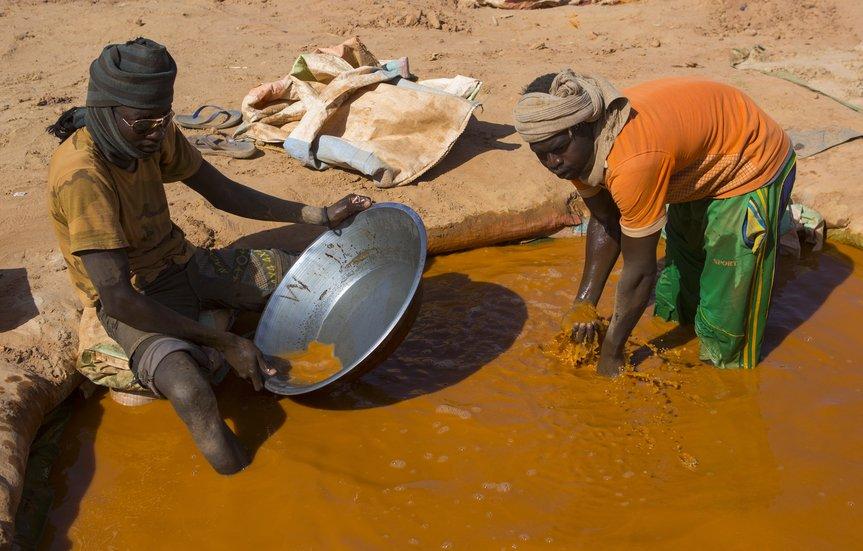
Manufacturing
Sudan’s manufacturing sector is diverse but still developing, focusing mainly on processing agricultural products such as cotton, sugar, and oilseeds. Textile production, food processing, cement, and leather goods are significant industries supporting both domestic consumption and export. Challenges like outdated technology, limited infrastructure, and political instability have constrained growth, but efforts are underway to modernize factories and attract investment to boost industrial capacity.
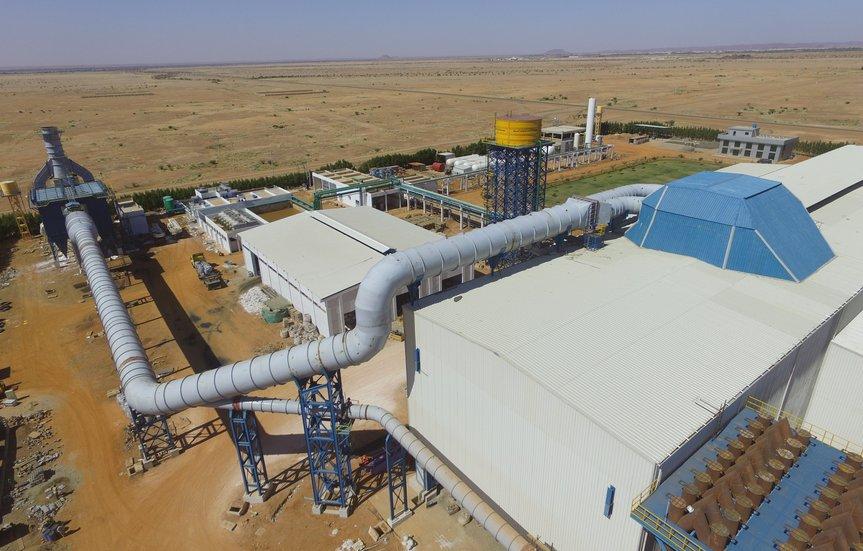
Finance
Sudan’s financial sector is a mix of conventional and Islamic banking, with Islamic finance playing a dominant role in line with the country’s religious principles. The Central Bank of Sudan regulates monetary policy and banking operations, aiming to stabilize the economy amid challenges like inflation and currency fluctuations. Access to financial services remains limited, especially in rural areas, but ongoing reforms seek to improve banking infrastructure, encourage investment, and expand microfinance to support small businesses.
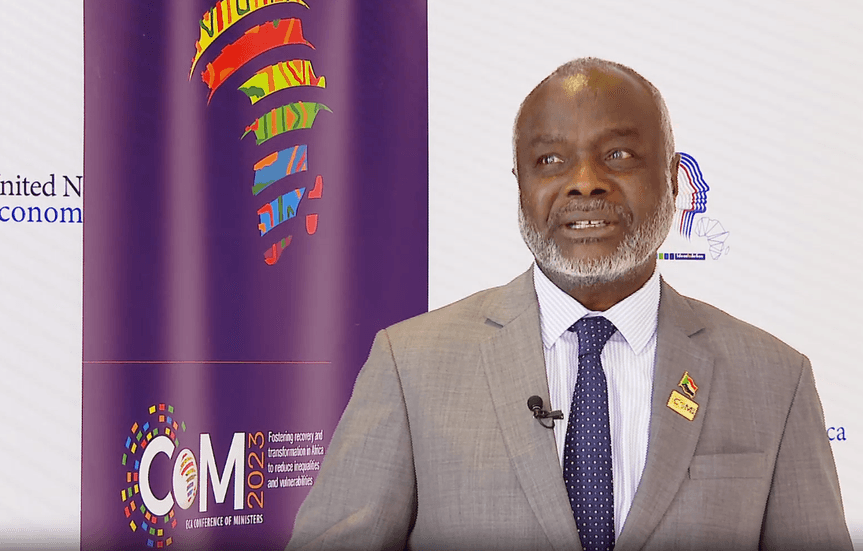
Trade
Trade is a vital part of Sudan’s economy, with key exports including gold, oil, cotton, and agricultural products like sesame and gum Arabic. Major trading partners include China, the UAE, and Egypt. However, trade faces challenges from sanctions, infrastructure gaps, and political instability, which affect export capacity and import costs. Sudan continues to work on diversifying its trade portfolio and improving regional trade links, especially within Africa.
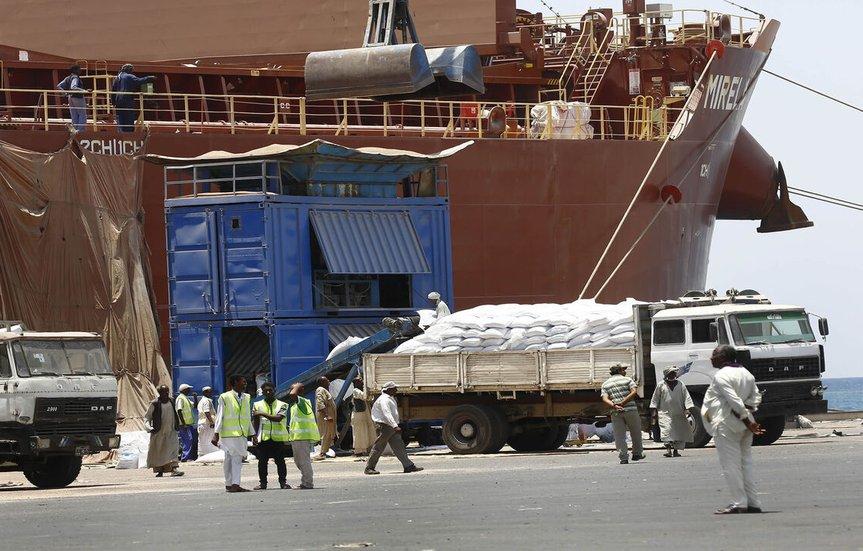
Labour and taxation
Sudan’s labor force is largely engaged in agriculture, followed by services and industry, with a significant proportion working in informal sectors. Unemployment and underemployment remain challenges, especially among youth and women. The government levies various taxes, including income tax, value-added tax (VAT), and customs duties, aiming to increase revenue and fund public services. However, tax collection efficiency is hindered by economic instability and informal economic activities.

Transportation and telecommunications
Sudan’s transportation network includes roads, railways, river transport, and air travel, with roads being the most widely used but often in poor condition outside major cities. The rail system connects key urban centers but requires modernization. River transport on the Nile supports cargo and passenger movement. Telecommunications have expanded rapidly, with mobile phone coverage widespread and internet access growing, though rural areas still face connectivity challenges. Efforts are ongoing to improve infrastructure and digital services nationwide.

